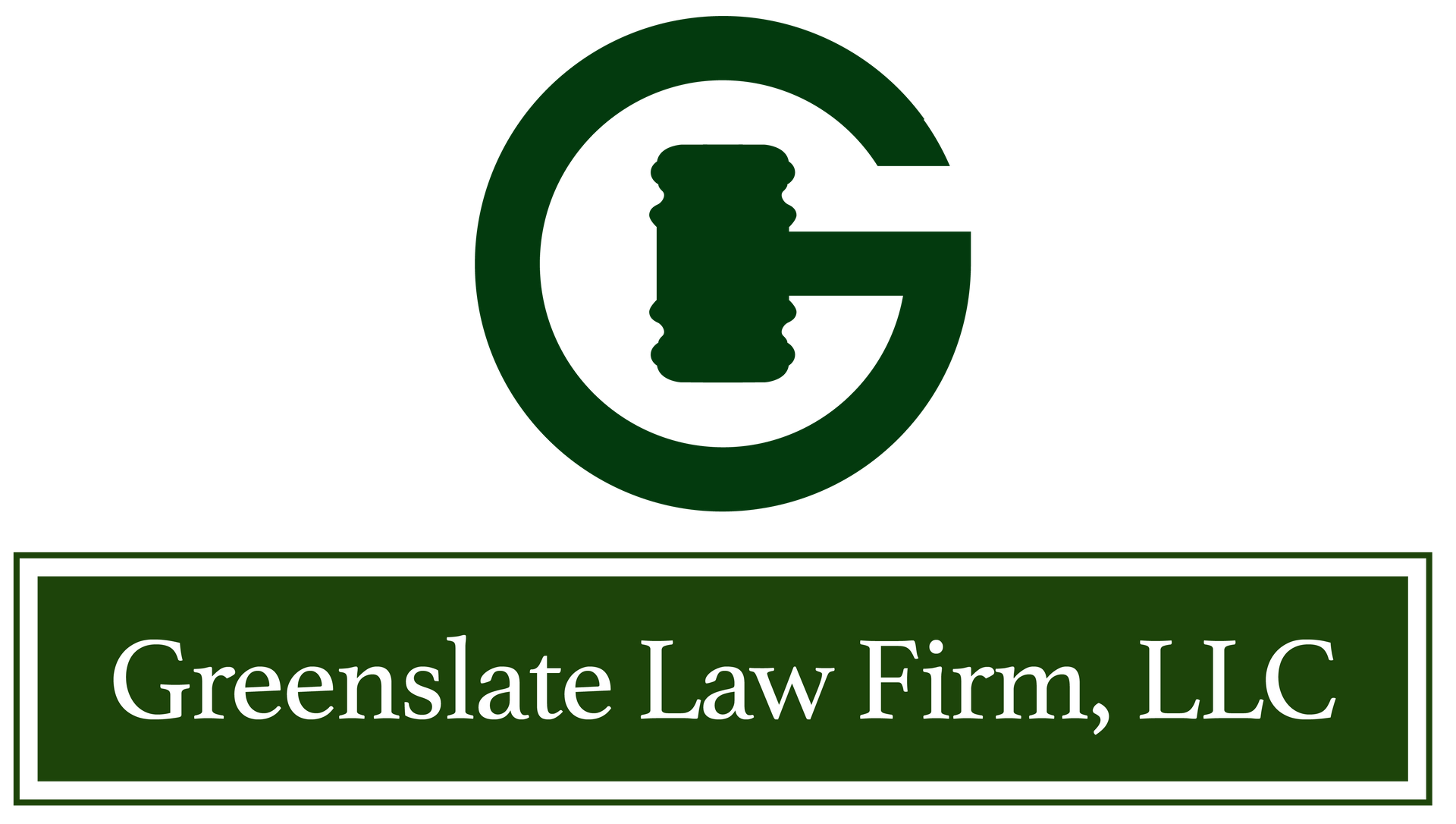Understanding Financial Disclosure in Divorce
Divorce proceedings in Dunedin require comprehensive financial disclosure from both spouses to ensure equitable division of assets and debts. Florida's mandatory disclosure rules help courts understand the complete financial picture before making decisions about property division, alimony, and child support obligations.
Protecting your financial future during divorce involves understanding what assets and debts will be subject to division and taking proactive steps to preserve your financial security. The decisions made during divorce proceedings will impact your financial stability for years to come, making careful planning essential.
Asset Identification and Valuation
The first step in protecting your financial future involves identifying all marital assets, including real estate, retirement accounts, investment portfolios, business interests, and personal property. In Dunedin's diverse economy, divorcing couples may hold various types of assets that require professional valuation to ensure fair division.
Distinguishing between marital and separate property can significantly impact the final settlement. Assets acquired before marriage or through inheritance or gift may be considered separate property, while assets accumulated during the marriage typically qualify as marital property subject to division.
Retirement Account Protection
Retirement accounts often represent the largest asset in many Dunedin divorces. Understanding how 401(k) plans, IRAs, pension benefits, and other retirement vehicles will be divided helps you plan for future financial security. Qualified Domestic Relations Orders (QDROs) may be necessary to divide certain retirement accounts without tax penalties.
Timing considerations become crucial when dealing with retirement accounts. The age at which you can access funds, vesting schedules for employer-sponsored plans, and tax implications of different division methods all factor into long-term financial planning strategies.
Real Estate and Property Considerations
The family home often represents both the largest asset and the most emotional aspect of property division. Deciding whether to sell the home and divide proceeds, or have one spouse buy out the other's interest, requires careful analysis of affordability, tax implications, and future housing needs.
Other real estate holdings, including investment properties or vacation homes, add complexity to property division. Market valuations, rental income potential, and maintenance obligations all influence the desirability and fair value of different real estate assets.
Business Interests and Professional Practices
Many Dunedin residents own businesses or professional practices that require special handling during divorce. Valuing these interests often requires expert appraisals that consider goodwill, future earning potential, and market conditions. Determining whether business interests are marital or separate property depends on factors like when the business was established and how it was funded.
Protecting business operations during divorce becomes essential for maintaining income and preserving value. This may involve buyout agreements, continued co-ownership arrangements, or sale of the business with division of proceeds.
Debt Division and Credit Protection
Marital debts must be divided alongside assets, and protecting yourself from future liability requires careful attention to debt allocation. Credit cards, mortgages, student loans, and other obligations may be assigned to one spouse or divided between both parties.
Credit protection strategies include closing joint accounts, monitoring credit reports, and ensuring court orders clearly specify responsibility for various debts. Even when court orders assign debts to your former spouse, creditors may still hold you liable for joint obligations, making protective measures essential.
Alimony and Long-Term Support
Florida's alimony laws consider factors like the length of marriage, standard of living during marriage, and each spouse's earning capacity when determining support obligations. Understanding these factors helps you advocate for appropriate alimony arrangements that support your transition to financial independence.
Durational alimony, permanent alimony, rehabilitative alimony, and bridge-the-gap alimony serve different purposes and have different requirements. The type and amount of alimony awarded can significantly impact your long-term financial stability and retirement planning.
Tax Implications and Planning
Divorce settlements have significant tax consequences that can affect the true value of different assets and support arrangements. Understanding the tax treatment of asset transfers, alimony payments, and retirement account divisions helps you make informed decisions about settlement terms.
Filing status changes, dependency exemptions, and other tax considerations require coordination between divorcing spouses and may benefit from professional tax advice. Planning for these changes early in the divorce process helps avoid unexpected tax liabilities.
Our family law practice at Greenslate Law Firm understands the critical importance of financial planning during divorce proceedings. We work closely with financial professionals to help Dunedin clients protect their assets and plan for their post-divorce financial future.
Don't let divorce proceedings jeopardize your financial security. Contact Greenslate Law Firm at (813) 609-9220 to discuss your situation with experienced divorce attorneys who understand the complexities of asset protection and financial planning. We're committed to helping you achieve a settlement that provides the foundation for your financial future while protecting your rights throughout the process.
